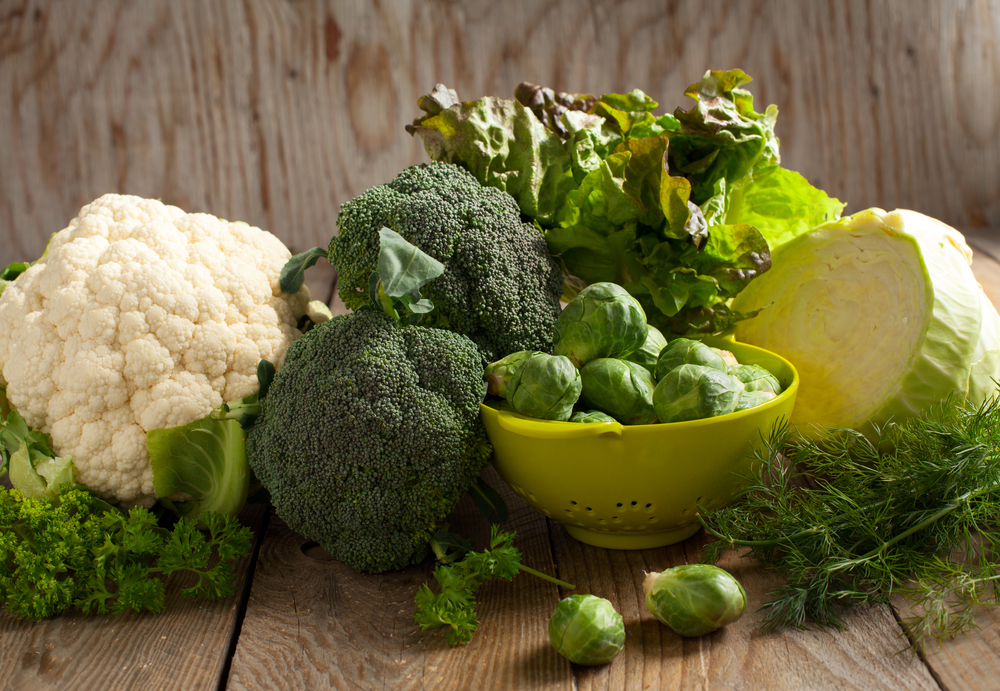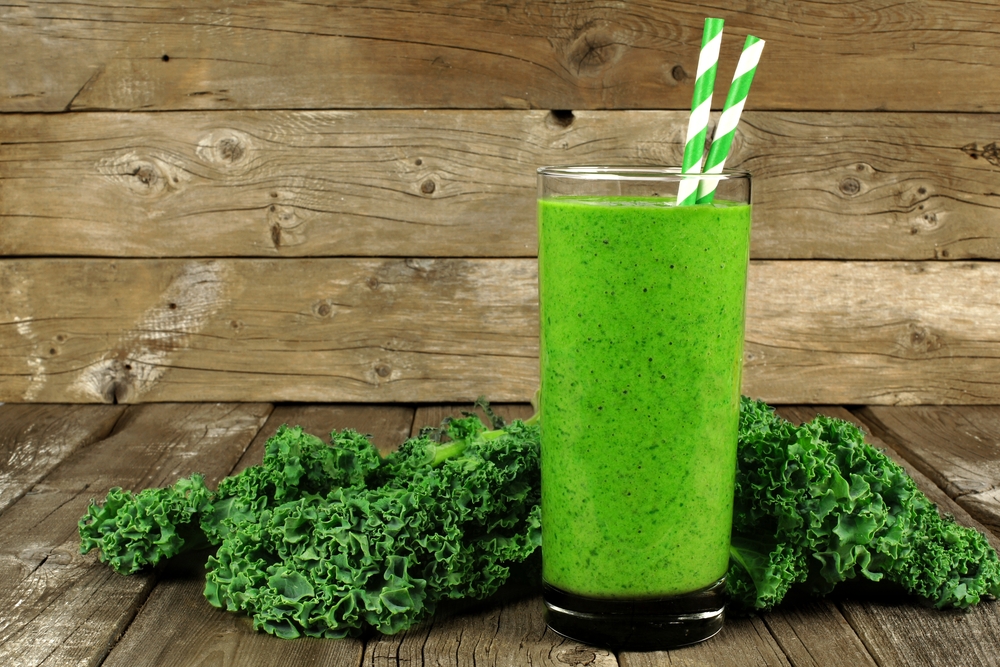It’s Psoriasis Awareness Week this August in the UK which helps to bring focus to this difficult, but common skin condition.
Clinical Nutritionist Suzie Sawyer provides some nutritional advice that can help.
What is it?
Essentially, psoriasis is a pile up of skin cells that replicate too quickly. Whilst the skin is constantly renewing and repairing as a normal bodily process, in cases of psoriasis, it all happens far too fast, giving rise to continuous flaking of the skin and plaque formation. It can appear anywhere on the body, is very uncomfortable, and of course very stressful for sufferers, especially when on the face.
The good news is that nutritional intervention can be very helpful.
Look to the gut

As with all skin conditions, the gut is the first place we look to for treatment options. The skin is essentially a reflection of what’s going on inside the body, hence we look to the gut first.
It seems that psoriasis sufferers often have incomplete protein digestion, creating polyamines that then become toxic. The first line of protein digestion is the stomach; powerful stomach acid is there for a reason. However, contrary to common beliefs, many people do not produce sufficient stomach acid. This is where old fashioned remedies can really help. Try apple cider vinegar before each meal: go for a dessertspoonful initially, to see if there are any improvements.

It’s also important to ensure there is proper bowel clearance, so the waste disposal system needs to be working well. If your bowels are sluggish then it’s time to increase intake of fibre and water. A daily bowel movement is the target. Cruciferous vegetables including broccoli, cauliflower and cabbage are rich in fibre, but all fruits, vegetables and whole grains will also get a lazy bowel working better.
Support your liver
The liver of course, plays in key role in digestion and detoxification. However, it’s probably the most overworked organ in the body and can easily become sluggish. This is a big factor in cases of psoriasis.

Bowel clearance is important for a healthy liver, but also not overloading it is essential. Alcohol is not really its friend so do be mindful of intake. Whether you drink alcohol or not, dandelion tea or coffee is really supportive of liver function. The herb milk thistle is also helpful for the liver and can be found as a medicinal herbal remedy in all good health food shops.

The liver also loves any green foods, especially green leafy vegetables, asparagus and nettle tea. Why not start the day with a green smoothie?
Manage inflammation with omega-3s

Research has found that the essential omega-3 fats provide some really positive benefits for psoriasis. The omega-3s are called ‘essential’ because the body can’t make them, therefore they need to be eaten very regularly. They provide a range of health benefits throughout the body. However, one of their main functions is to manage the body’s natural inflammatory responses.
Clearly, inflammation is a factor in psoriasis and indeed any skin condition, therefore needs careful management. Omega-3s are primarily found in oily fish including salmon mackerel and sardines, with plant forms found in flaxseeds and pumpkin seeds.
If none of these foods feature in your diet, then omega-3s are readily available in supplement form. Vegan omega-3 is also popular, as it’s sourced from natural algae.
If you or anyone you know suffers with psoriasis, hopefully these nutritional tips will help provide some additional relief.





























Add comment